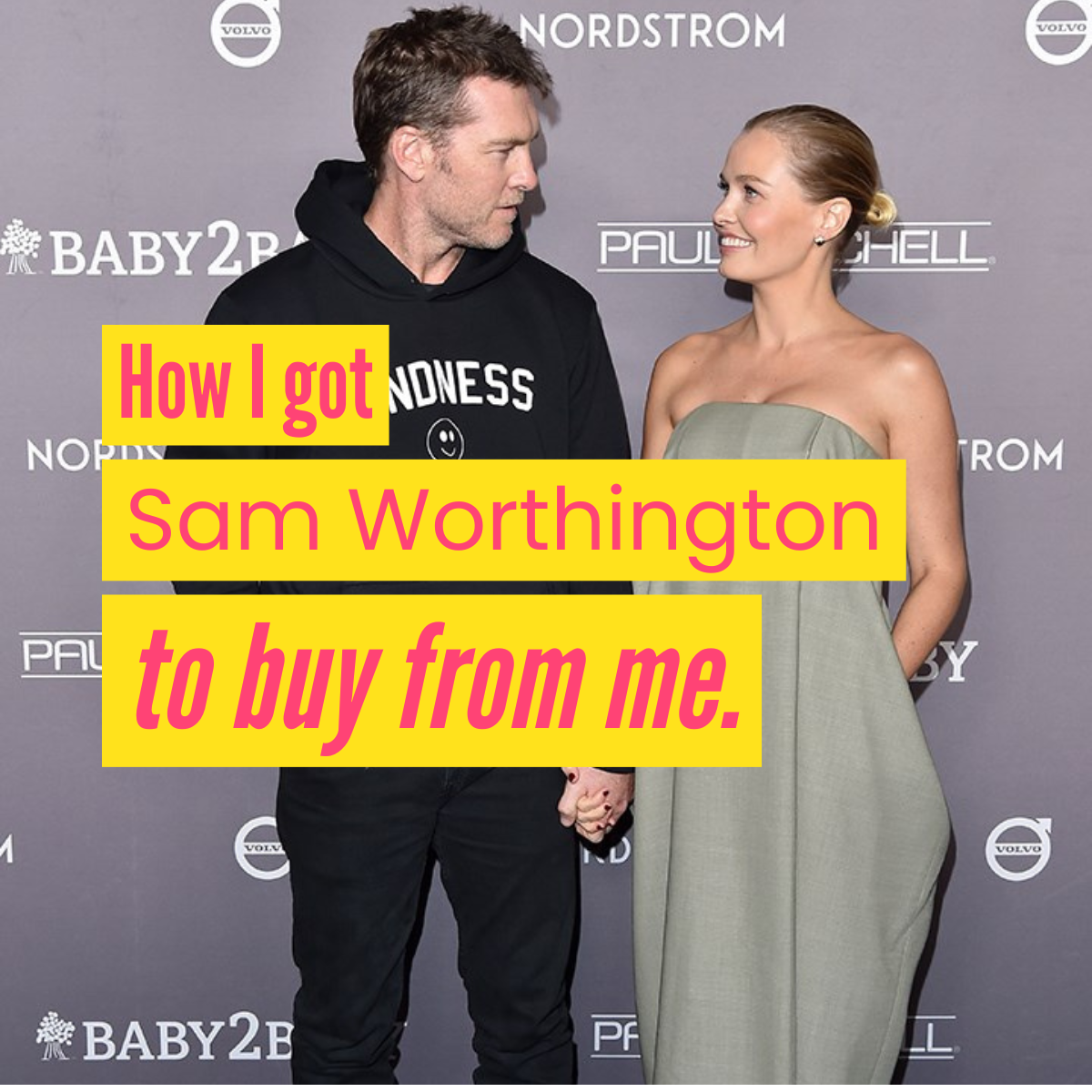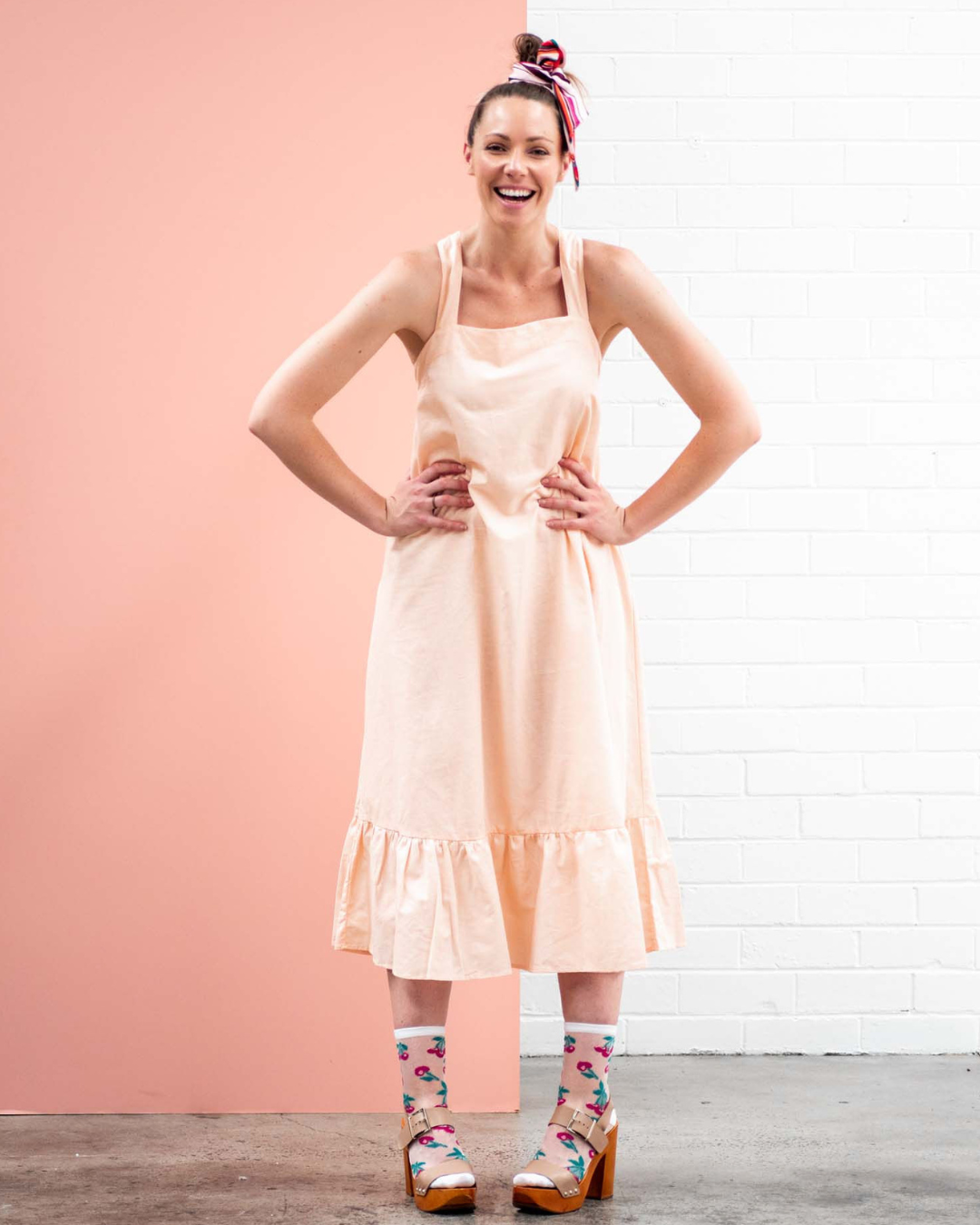Virgin Australia Melbourne Fashion Festival launched its inaugural Australian Fashion Summit on Friday 8th March, and the event has since had mixed reviews.
China, WeChat, the power of influencers and body positivity were among the tabled and debated topics, and fashion’s finest all had something to say.
Russel Howcroft weighed in on the state of creativity in our country, and his words resounded with the entire room, “Creativity should be considered an economic word, not something found in the sandpit. Creativity should be a future driver for our competitiveness, but the reality is, we’re not where we need to be. Australian companies haven’t embraced the pivot to creativity. We need to back ourselves; we need to embrace our confidence. We need a ‘Federal Creativity Commission’ to address our biggest challenges.”
I’d certainly put my hand up for such a commission, and I think I’d handle the responsibility quite well. I’ve been tackling sustainability and ethics through The Fashion Advocate for a while now. As a community, we’ve been overcoming industry challenges through creative design at a grassroots level, without the suits and the mahogany table too.
I was taken aback by Yasmin Sewell’s opinion of change and sustainability, and I quote, “Fashion students of today care about sustainability, it’s all they care about. They’re going to solve ‘that’ problem, not me. It’s too hard for big businesses to solve the problem, I don’t have the answer for it.”
When an ‘IT girl’, a woman who's been coined an 'Australian style authority', thinks the problem of sustainability is both too much of a challenge and too little of a concern for her, it is clear that one too many key players have their heads in the sand about the real issues we're facing as an industry. Too often, big businesses fail to recognise that the issue of sustainability is something that needs addressing now, by everyone, not just the next generation.
It’s a topic Spell & The Gypsy Collective aren’t shying away from, and instead, they’re actively working towards building their most ethical and sustainable supply chain to date. Spell’s Elizabeth Abegg was happy to open up about the issue and said, “We started on our sustainability journey 3 years ago. In the beginning, we were shit scared; but customers have always wanted us to be real, honest and authentic, so that’s what we did. Sometimes substance comes with uncomfortableness, and we’re open about the fact that this is where we’re at. It’s a constant journey.”
And she’s right. Women in India earn as little as 19 cents an hour making fashion for privileged women in the Western world, who buy $10 shirts and throw them away within a year. The journey into ethical and sustainable fashion is one worth embarking on, to benefit women in all areas of the industry, slave and CEO alike.
Our current consuming ways are not ethical or sustainable, and I'm glad Christina Dean could reinforce our dire need for change. When she mentioned that 53 million tonnes of garments are made every year, and 73% is landfilled within the first 12 months, ears finally pricked. This is the issue that needs tabling, but not in 45 minutes amidst a day of other topics. This is the topic.
How can we talk about selling into China and how to harness millions of buyers through WeChat if we can't even harness the waste issue in our own backyard? Why are we talking about integrating next-generation technology to ship sales faster than ever before, when we need to be educating consumers on the impact of their habits, and teaching them to value more and buy less?
If Simon Lock can raise $75 million for a fashion tech venture and the circular economy is worth $100 billion, why can't we afford the innovative solutions we need to adequately reduce, reuse and recycle in Australia?
There's a lot of talk of making money but not much talk of making physical, measurable change. Some days I beat my head against the wall in desperation, feeling isolated and ignored in an industry that doesn't realise the need for positive social and environmental change, but every day I get back up and keep going because I know we are doing something at The Fashion Advocate.
We're a tiny thread in a big industry, but as a community of labels, small businesses, and passionate creatives, we are designing for positive social and environmental change.
The Fashion Advocate now stocks 42 independent Australian labels who all share this vision in common. Despite their different locations, their own individual traits, their ages, their backgrounds, their aesthetics or their means of making, they all believe the industry can and will be a force for good because they live it every day.
They are the change, every day. In their tiny studios without the glitz and the glam and the media walls and the big names, they are fixing the industry's issues, one garment at a time.
The Fashion Advocate x




